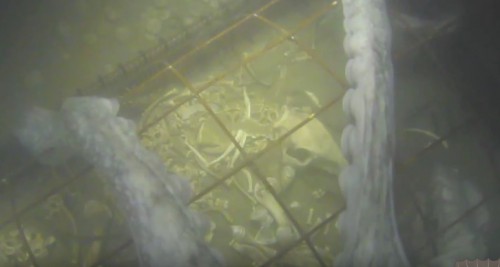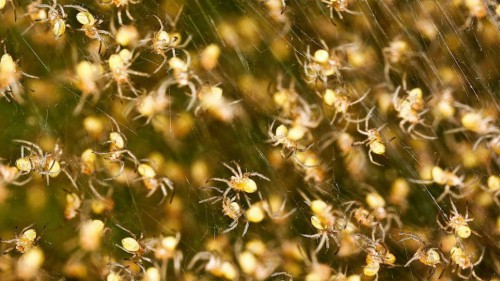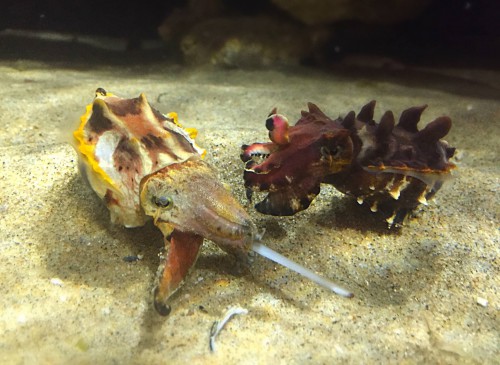Oh, man. What did I just read? It’s on medium.com, and it perfectly reflects the twistedly wonky and uneven character of that site — it’s a piece by techbros for techbros titled How San Francisco’s gender disparity affects the attractiveness pairings of couples.
It is truly, deeply, monumentally awful. It’s the work of a dude who knows how to use R, is happy to invent lots of numbers to feed into R, and is himself full up to the brim with unjustified assumptions that he never bothers to question. And apparently he got enough people remarking on how stupid his article was that he had to add a disclaimer:
There seems to have been quite a bit of misunderstanding stirred up by this article, so please read this disclaimer: this analysis makes absolutely no value judgements about how attractive men & women in SF are, or how attractive they should feel. I lay out all the simplifying assumptions and I’ve tried to explain that this is not how the real world works. Nor do I believe this is how the real world works. No sane human should heed any advice from this article. None of this has any basis in reality. It’s not supposed to. This is just a thought experiment about how one might build an economic model for dating with gender ratio imbalances. I’ve preserved the entirety of the original text below. There’s plenty of room for miscommunication because the assumptions are buried inside the text. That’s my fault. But I urge everyone to read the piece in its entirety before jumping to conclusions.









